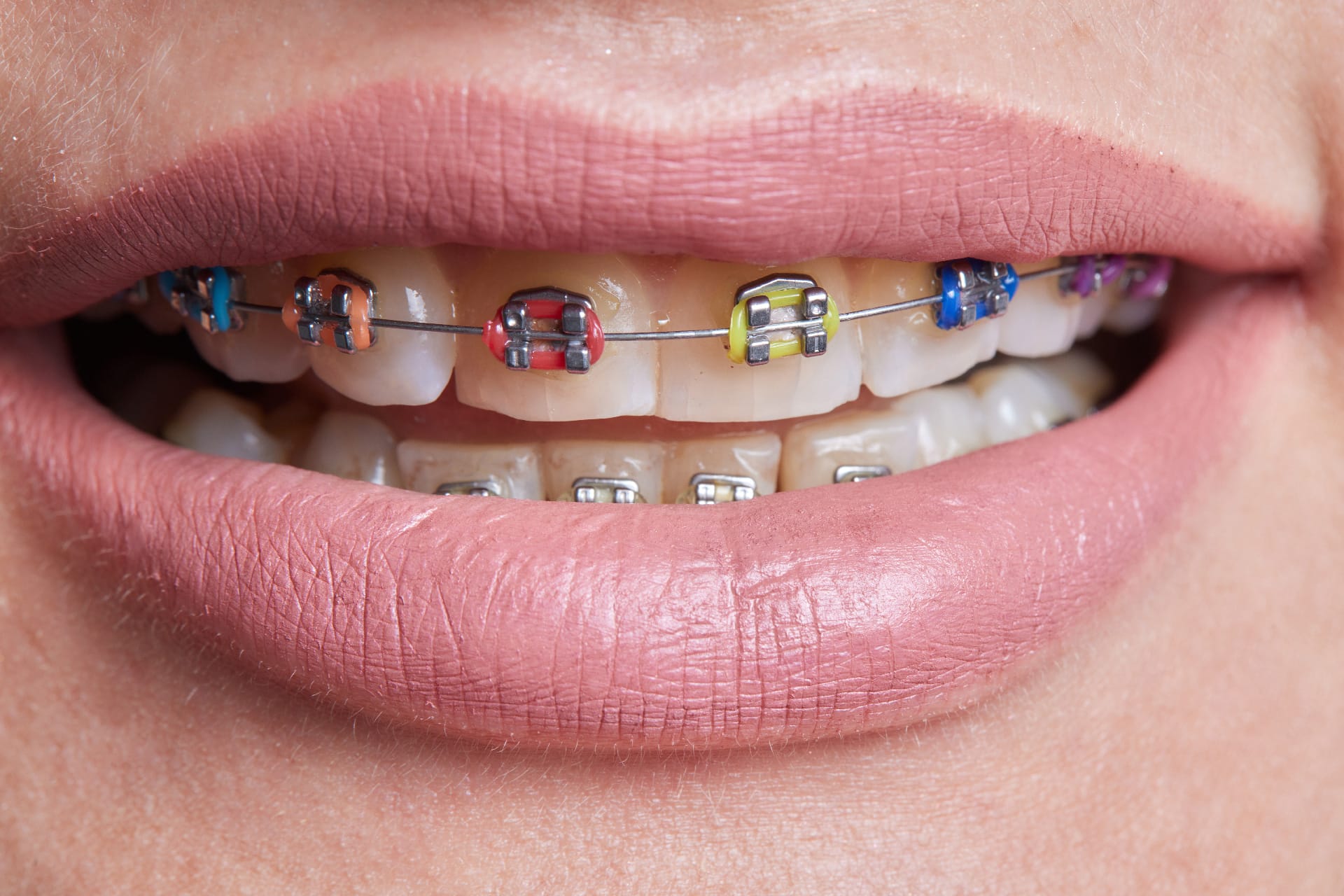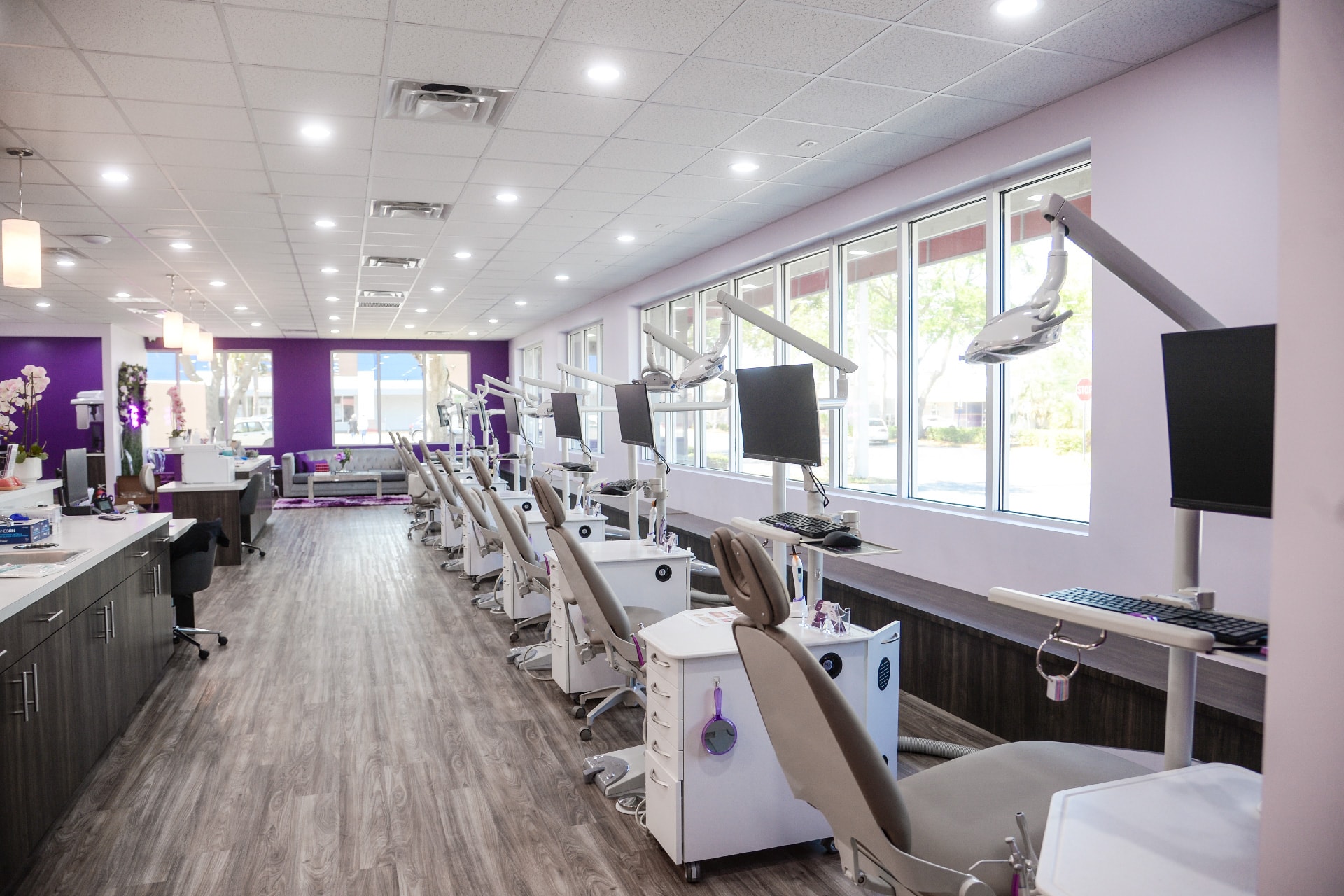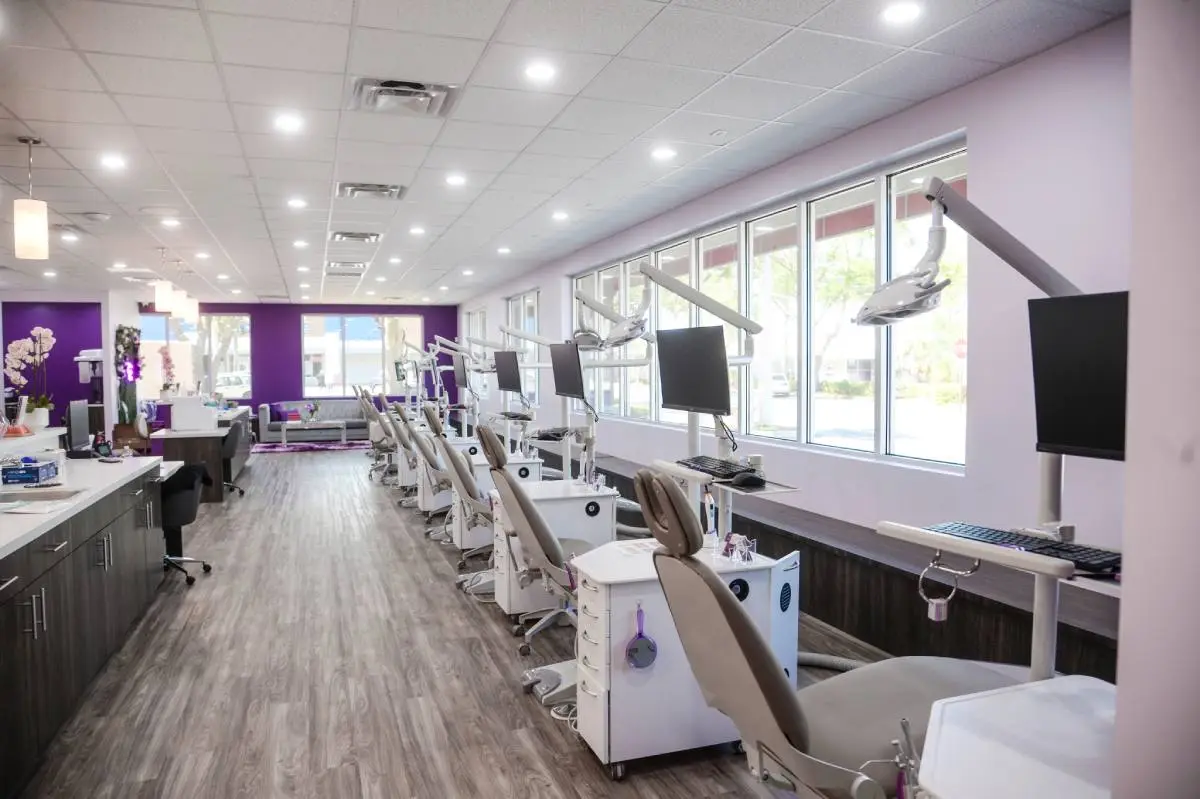First things first: Yes, you will need to keep up with your regular dental appointments during orthodontic treatment.
We hear this question all the time from new patients at Imagine Orthodontic Studio, and we get it! If your orthodontist is checking your teeth on a regular basis, you might think trips to the dentist are redundant.
With that in mind, we wanted to explain how dental and orthodontic treatments are different (but complementary). We’ll also detail a few reasons why it’s critical to continue visiting the dentist while in orthodontic treatment. If you’d like to learn more, you can request a free consultation with our team at your convenience!
What’s The Difference Between A Dentist And An Orthodontist?
Both dentists and orthodontists work to improve your overall oral health, but they have different focuses and provide different treatments. Also, while all orthodontists are dentists, not all dentists are orthodontists due to the additional education and training requirements.

Here’s a quick breakdown of the two fields:
- Dentistry is a broader medical field that focuses on treating issues with your teeth, gums, oral nerves, and jaw. That might include procedures such as root canals or tooth cleanings, fillings, crowns, or extractions.
- Orthodontics is a more specialized field that focuses on correcting issues with teeth movement and alignment. Potential treatments might include straightening teeth, correcting issues with overbites/underbites, or addressing tooth crowding.
Why You Should Visit The Dentist During Orthodontic Treatment
Now that we’ve answered the question, “Should I visit my dentist during orthodontic treatment?”, let’s take a quick look at the reasons why this is so important.
For starters, your dentist is your primary oral healthcare provider (and will remain so during and after any orthodontic treatment). In many ways, the connection between your dentist and orthodontist is similar to the relationship between your primary care physician and any specialist, such as a cardiologist. It’s also quite common for dentists to refer their patients to an orthodontist for further treatment.
Here are a few more quick reasons why you should see the dentist during orthodontic treatment:

There are more places for food particles and bacteria to hide: Braces (and to a lesser extent, clear aligners) create more nooks and crannies where food can get stuck, leading to a build-up of bacteria and the eventual formation of tartar and plaque. That’s why we recommend our patients see a dentist every six months while they are using braces or Invisalign.

Dental care helps you stay on track with orthodontic treatment: Getting a cavity will prolong orthodontic treatment in most cases. At the same time, most orthodontic patients are motivated to get through treatment as quickly as possible. Sticking to our guidelines — especially as they pertain to visiting the dentist during orthodontic treatment — will help make that possible.

Your dentist can help prevent decalcification: This irreversible condition, typically identified by the white spots that appear on your teeth, can lead to cavities and other problems for orthodontic patients. Fortunately, you can help prevent this by maintaining good oral hygiene, visiting your dentist regularly, and reducing your intake of sugary or acidic foods. Schedule your free consultation through our website or give us a call at 833-IOS-APPT (833-467-2778).




